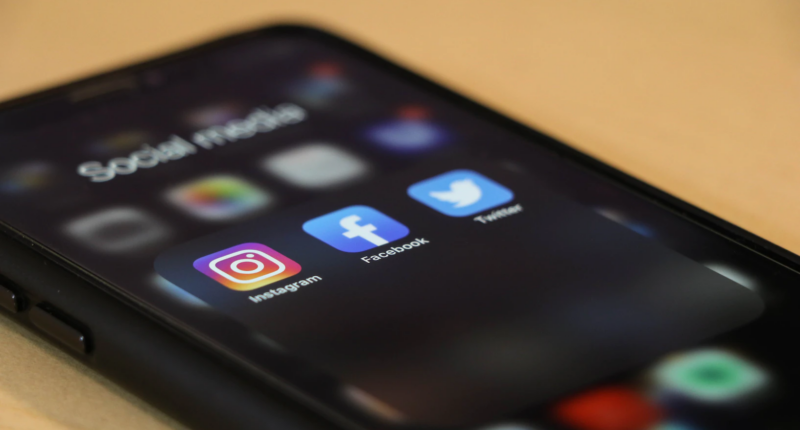ARTIFICIAL intelligence could kick-start a “deepfake epidemic”, cyber-experts have warned.
Potentially dangerous AI tools could be used to create an endless supply of fake photos and videos.
Worse still, these “deepfakes” will become increasingly difficult to defect.
The U.S. Sun spoke to Professor Lisa Wilson, a member of the International Cyber Expo’s advisory council, who has raised the alarm over the dangers of AI.
And that includes “deepfakes” – fake images created by “deep learning” AI apps – designed to spread misinformation online.
“AI has the ability to process vast quantities of information faster,” Professor Wilson told us.
She said that it would allow AI to create “malicious attacks faster than ever before”.
“One of the greatest risks is keeping ahead of this pace of risk,” the cyber-expert warned.
She said the second risk would be that these AI systems can adapt very quickly, making it “very difficult” to defend against.
‘Deepest fake’ disaster
But one of the clearest risks when it comes to AI is an online plague of “deepfakes”.
Most read in News Tech
These will take advantage of the first two risks: fast AI that is difficult to stop.
“And of course, the third greatest risk from AI is the epidemic of false, misinformation and disinformation,” Professor Wilson warned.
“And [the] ability for AI to use this and create deepest fakes – next level deepfakes – and phishing attacks.
“With discernability between true and false almost impossible to the average person.”
Professor Wilson added: “I worry about the vulnerable such as the elderly and ill-informed.”
Tech experts are racing to create apps that can detect deepfake photos, videos and audio.
But general users might still end up being tricked by deepfakes.
These sinister AI creations can be used to spread fake news, or even trick you into handing over money or info using the voice of a friend or loved one.
Gadget users will need to be extremely cautious when browsing the internet – and treat images, video and audio with suspicion.










